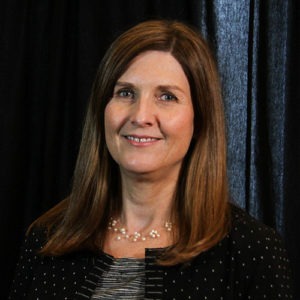Monigle Survey Ranks the Most Humanized Health Care Brand Experiences
When providers demonstrate warmth and an empathetic, human view of health care, it matters to consumers.
// By Althea Fung //
 People respond to people. But with the rise of technology in marketing, many brands sound less and less human. This is particularly true in health care, where organizations haven’t traditionally been consumer-centric.
People respond to people. But with the rise of technology in marketing, many brands sound less and less human. This is particularly true in health care, where organizations haven’t traditionally been consumer-centric.

Justin Wartell, managing principal, Monigle
But some health care organizations have recognized that in a market where consumers have more options and are more involved in their health care experience, it’s increasingly important for health care brands to form emotional connections with consumers.
“The things that stick with us, the things we remember, oftentimes those are when there’s a much more emotionally rich and more human connection,” says Justin Wartell, managing principal at Monigle.
Wanting to identify ways that health care organizations are successfully making human connections, the brand experience agency developed the “Humanizing Brand Experience: Healthcare Edition” report, ranking the top 200 health care systems in the U.S.

Kim Hofland, senior director of health care engagement, Monigle
“A lot of health care organizations look and sound similar. They’re focused on promoting what they think is most important — we have the best doctors, look at our physicians with their arms crossed, looking very serious,” says Kim Hofland, senior director of health care engagement at Monigle. “But the organizations that have a humanized brand focus on what’s important to consumers.”
Read on to learn what matters to consumers surveyed for the fifth edition of Humanizing Brand Experience, and how top brands respond.

